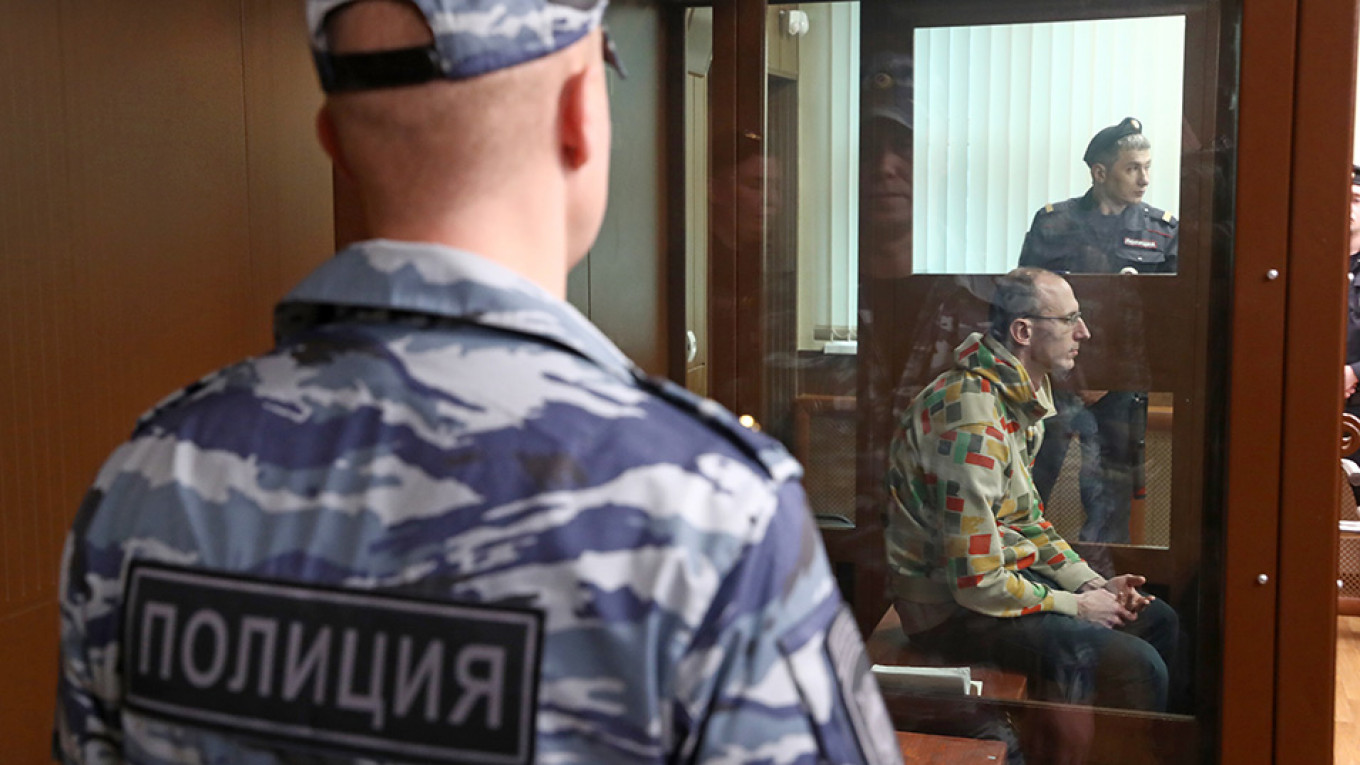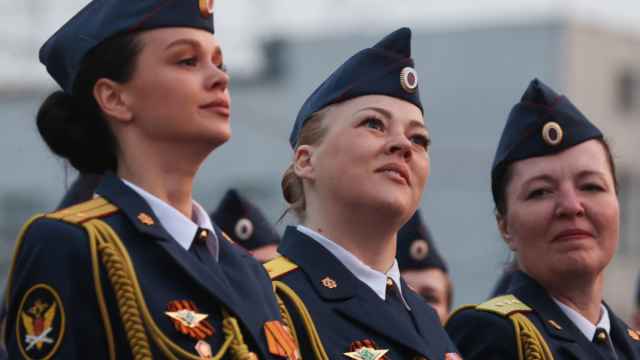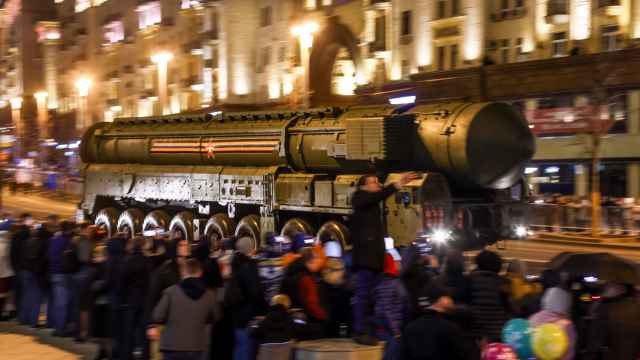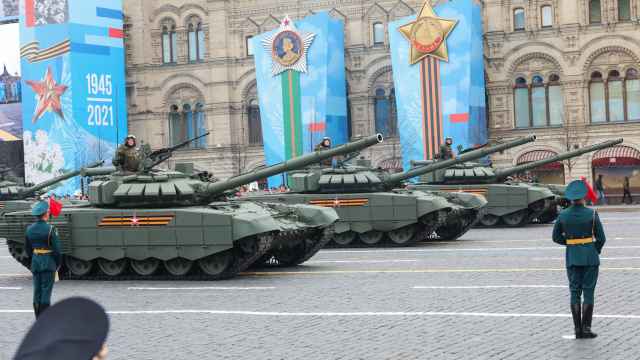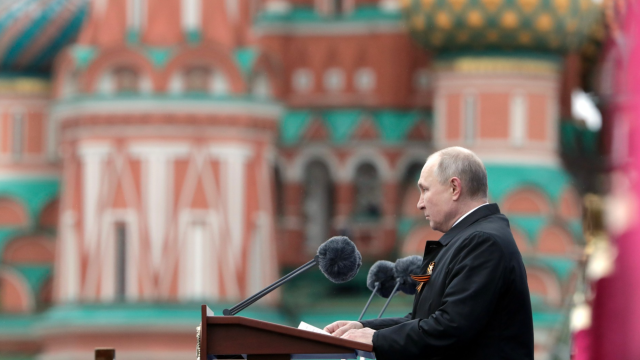Russia’s lower house of parliament has prepared a wide-reaching amnesty bill intended to mark the 75th anniversary of the Soviet victory over Nazi Germany in World War II.
The end of the Great Patriotic War, as World War II is known in Russia, is still celebrated as the country's most important public holiday every May 9. Presidential human rights council head Valery Fadeyev has said it would be "right" to pass an amnesty bill marking the 75th anniversary of the war's end.
State Duma deputy Sergei Ivanov introduced the draft resolution to the State Duma on Monday, according to the document published on the Duma’s website.
If passed, the amnesty will cover first offenders of minor crimes from groups including juvenile delinquents, women, people with disabilities, the elderly and veterans. It will also include Chernobyl liquidators and people who have received state awards from the U.S.S.R. and Russia.
The amnesty may apply to activist Konstantin Kotov, who was sentenced to four years in prison for “multiple breaches” of Russian public demonstration rules in September, Ivanov told the MBKh media news website. Kotov was the second person ever to be prosecuted under the controversial legislation after participating in last summer’s mass opposition protests.
Kotov’s lawyer Maria Eismont said her client wouldn’t be eligible for amnesty according to the document.
“I don’t know if the author read his project, but I did it three times and don’t see how the amnesty covers Konstantin,” she wrote on her Facebook page.
The amnesty doesn’t apply to the majority of the other so-called “Moscow Case” defendants who were convicted on charges of “mass unrest” following the summer opposition protests. Fadeyev had spoken out against including the “Moscow Case” defendants on the amnesty list.
A Message from The Moscow Times:
Dear readers,
We are facing unprecedented challenges. Russia's Prosecutor General's Office has designated The Moscow Times as an "undesirable" organization, criminalizing our work and putting our staff at risk of prosecution. This follows our earlier unjust labeling as a "foreign agent."
These actions are direct attempts to silence independent journalism in Russia. The authorities claim our work "discredits the decisions of the Russian leadership." We see things differently: we strive to provide accurate, unbiased reporting on Russia.
We, the journalists of The Moscow Times, refuse to be silenced. But to continue our work, we need your help.
Your support, no matter how small, makes a world of difference. If you can, please support us monthly starting from just $2. It's quick to set up, and every contribution makes a significant impact.
By supporting The Moscow Times, you're defending open, independent journalism in the face of repression. Thank you for standing with us.
Remind me later.


